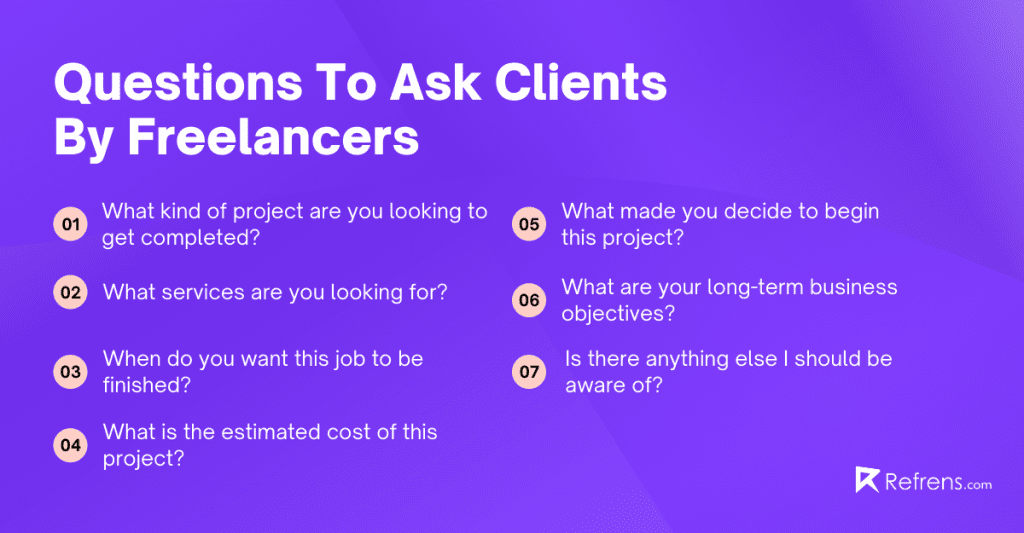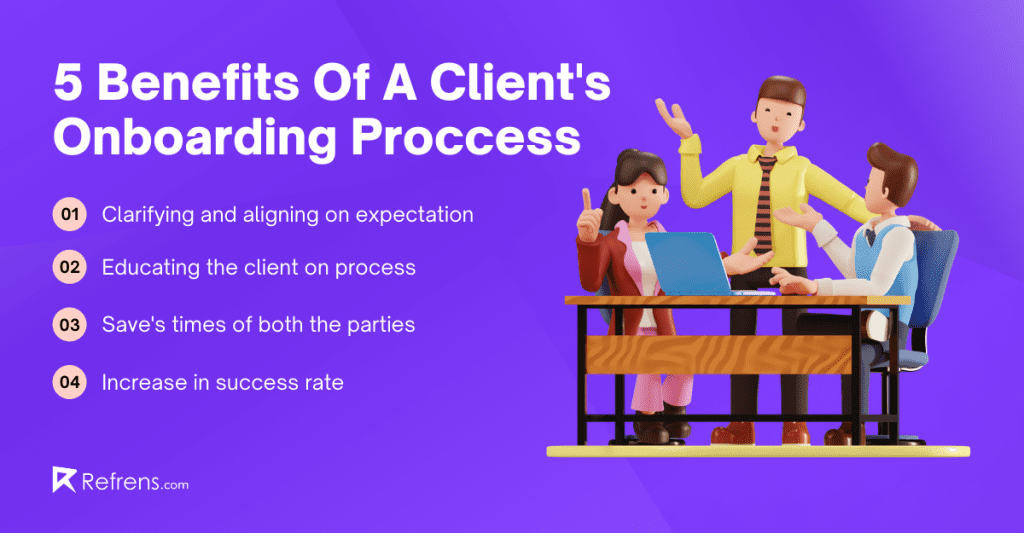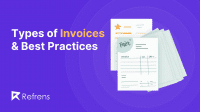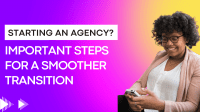It all comes down to the questions freelancers should ask clients. This is especially true when it comes to the types of client questions freelancers should ask potential on the first meeting.
Asking the client questions during the onboarding process will help you determine if the project is right for you, scope of the project, and boost your chances of closing the business.
Repeating the common freelance mistakes, on the other hand, will turn off potential clients and may harm your business (not to mention waste everyone’s time).
Moreover, almost every big disagreement you’ll have as a freelancer stems from asking the wrong client questions before beginning a new project.
Therefore, It’s then up to you to ask the correct client questions, determine what the client requires, price the project, collect money, and begin work.
Questions Freelancers Should Ask Clients

- What kind of project are you looking to complete?
If you provide multiple services, this is a great spot to start learning about your client’s needs.
- Web designers must determine whether the client requires a marketing website, a product, or a mobile application.
- Copywriters should know whether they’re writing for a website or a social media blog post.
As a result, use a basic message box as a contact form on your website. This will ensure there are quality leads and no spam. The client must begin from the beginning and find out what to type. Ask strategic inquiries to encourage the client to provide more information.
- What services are you looking for?
This appears to be the same question at first glance, but it’s a follow-up to the first. If you design and code websites and a client requests a new design, you should inquire as to whether they also require it to be coded. Do they require solely design services or both design and development?
Even if you don’t know how to code, it’s critical to consider the entire project, not just your part of it, from the client’s perspective. You might even be able to suggest a colleague for another aspect of the project. This question isn’t relevant in every circumstance, so skip it if it won’t provide you with any useful information.
- When do you want this job to be finished?
This is an extremely successful method of obtaining important information regarding the client’s timeframe expectations. It’s a good approach to phrase the question so that you acquire the information you need as soon as possible.
“When do you want to get started?” is a good question to ask. “As soon as possible” is always the client’s response. When you ask a vague inquiry like, “What are your timeline expectations for this project?” the client will feel helpless. They are unable to respond to this question since they have no idea how long it will take them to accomplish the task.
Instead, meet them where they are and inquire about when they need the task done. Clients are more concerned with deadlines than with other timeline variables, therefore this is a simple method to gain useful information about their timetable requirements.
If you already have projects scheduled on your calendar, this will notify you whether you are available for work right away. You won’t waste time quoting a project that you won’t be able to finish.
Check out how to make an ideal schedule as a freelancer, so that you are easily able to meet deadlines.
- What is the estimated cost of this project?
The most difficult conversation to have as a freelancer is “What’s your budget?” which is more of a personal question. Rather “What’s the budget?” is a good way to keep the conversation on track.
If you’re on the phone, ask this question as confidently and promptly as you would any other. Do not be hesitant.
Don’t give in if the client tries to reroute you or requests a quote first. “Could you tell me what your maximum budget is or a budget range?” The simplest approach to aligning expectations is to do so in this manner. As the budget should always align with the brief.
The trouble is, clients must have a budget in mind before beginning their project. If they don’t have a budget, it means they aren’t prepared, which is a major red flag. If they refuse to split the budget, it suggests they want to keep their “power” over you (also a big red flag).
However, clients that are new to hiring freelancers may be only price-shopping. In some circumstances, tell them you’ve worked on projects ranging from $X to $Y and watch how they react. At the very least, this will start a conversation and help you grasp their point of view.
Prepare yourself for this phase of the conversation by knowing your pricing. That’s how professionals do business, and good customers will appreciate it!
- What made you decide to begin this project?
You should have determined that the project is fundamentally a good fit for your company at this point. There’s no need to continue if the project kind, budget, or timetable doesn’t suit you. That is why do not begin with this question!
You may now delve deeper into the history and context of the client’s goals that they’ve supplied some basic information about their project.
Moreover, What brought you to this point? Was there a specific issue they were having? Are they not obtaining the outcomes they desire from their website, marketing strategy, or copy? What motivates them to invest in this project? Why now rather than six months ago or in six months? What is it about this endeavor that makes it so significant today?
This data will provide you with the knowledge you need to set your cost and “sell” the job in subsequent interactions. It also distinguishes you from other freelancers by demonstrating that you are interested in more than just offering a quote – you are interested in their company’s success.
This question isn’t required for every project. This is a wonderful question to ask if a client asks you to create a new website for their business. If they ask you to make a blog post, this request may feel forced, and the client may become dissatisfied.
- What are your long-term business objectives?
This question will give you a good idea of what the client’s “end game” is. If they’re asking you to develop a new website for their firm, what they truly want is to drive more leads and sales.
Clients often declare their goal is to “establish more trust” with their audience or remodel an “outdated website”. However, following this line of inquiry will reveal that the only reason to invest money in a project is to make more money.
Businesses don’t merely spend money for the sake of spending money.
Whatever the case may be, it’s in your best interest to grasp the broader context of the client’s goals. You’re also exhibiting that you have a business perspective by asking this question and addressing their business ambitions. That will encourage them to value you and your pricing!
- Is there anything else I should be aware of?
This is your chance to allow the client to talk freely and give any information that they think is important. Save this question for last so that these are genuine extra details not covered in the previous six client questions.
Furthermore, It allows the client to convey their needs, worries, questions, or context in their own words, giving them a sense of control. Simultaneously, it gives you more useful information. This is very effective as the final question on contact-us forms.
Once you ask your freelance clients the questions, it’s time to onboard them.
Why Is This Procedure So Successful?
You’ll have fewer troubles during the project if you ask these client questions to every prospective client. With these client questions, you’ll have a better chance of closing the sale, reducing revision cycles, and getting paid on time. You can check out the best international payment gateway for your clients abroad.
Most importantly, you and the customer will be focused on the same business goal, rather than the client’s recommended solution. Most business challenges can be figured through these client questions and be solved in multiple ways.
These client questions will help you get to the heart of their demands as quickly as possible, which they will appreciate.
Client Onboarding
After asking those specific freelance questions to your clients, it’s time to onboard them. Client onboarding is the process of providing a client with an overview of how your freelance business operates and everything you’ll need to complete the project. Many companies use the Walkme platform or even Walkme alternatives to make the onboarding process much smoother and more effective.
It guarantees the following benefits to both parties:
- Gives a good idea of how people work and what to expect.
- Describe exactly what you require from the customer to complete the project properly.
- Deliverables are clarified.
- Outlines the various modes of communication.
- Set up a new client onboarding process to get things off to a good start and keep things going smoothly throughout the project.
With an onboarding process, you can put your best foot forward and provide clients with a fantastic customer experience.

Conclusion
You can reduce the possibility of miscommunication and misplaced expectations by asking these specific questions to your freelance clients.
You’ll acquire the trust and respect of that potential client by confidently asking business-related questions too.
That means you may charge more and give a better customer experience, which could lead to future repeat business and referrals.
Use Refrens to find your first client by creating a profile and get started with freelancing!



















